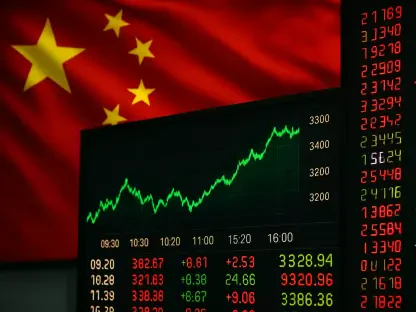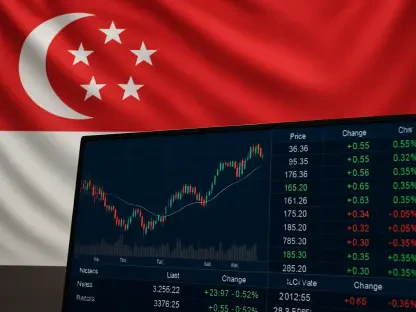The article examines the declining relevance of the Council of Economic Advisers (CEA) in U.S. economic policymaking, particularly under President Donald Trump. Traditionally, the CEA provides objective economic advice to the president, but Trump often sidelined this council. Instead, he dismissed warnings from economists about widespread tariffs, leading to global market instability and risking a deep recession. His governance style relied on instinct rather than informed advice.
This shift has drawn significant criticism, as Trump’s economic decisions were frequently guided by a few sympathetic economists who advocate a “degrowth agenda.” This approach contrasts with the broader consensus among economic experts who caution against tariff implementations. The suppression of expert-driven advice for gut-driven decisions has marked a significant departure from traditional economic policymaking practices.
The main concern centers on the potential repercussions for economic stability, given the diminished role of expert economic advisors. The article underscores a significant shift away from systematic, expert-driven advice in U.S. governance. The sidelining of the CEA and the reliance on a narrow range of economic opinions have raised broader concerns about the effectiveness and stability of U.S. economic policies. This transformation in the advisory landscape poses considerable risks to future economic stability.









